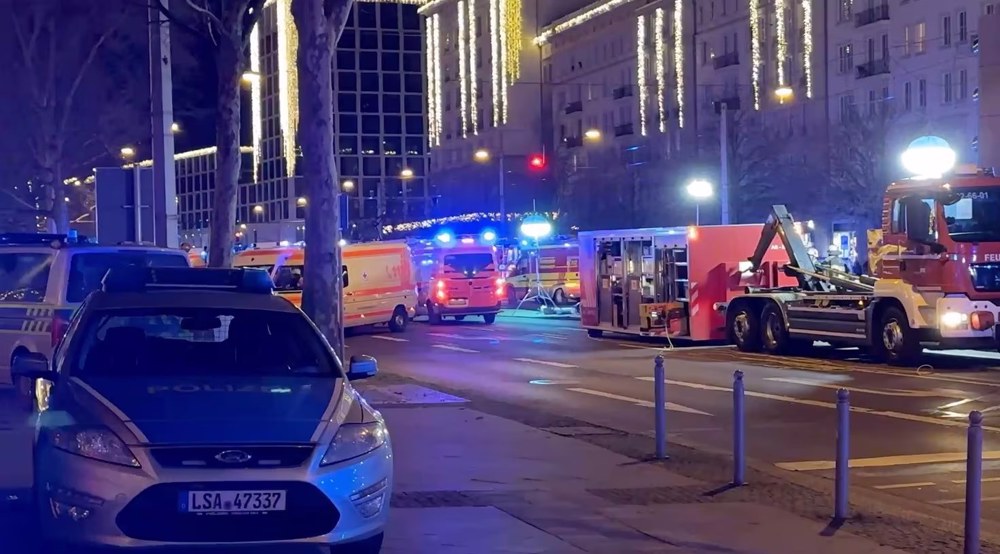Rising anti-refugee attacks ‘disgrace’ for Germany
The German interior minister has denounced as a national “disgrace” a surge in violent attacks on asylum seekers amid growing anti-refugee sentiment in the country.
Thomas de Maiziere made the remarks in an address to an event called 'To think home anew - more security on the ground,' in the capital Berlin on Friday.
"Last year we investigated and counted criminal offences carried out against asylum seekers and asylum seekers' institutions, with shocking results, which you all know," he said.
"Increase of arson, increase of attempted murder, increase of bodily harm, and so on, from the right-wing extremist sector. This too is a disgrace for our country,” he added.
The minister further stressed that the level of crimes committed by asylum seekers was not out of the ordinary.
He also put forward changes to the residence permission law in Germany, noting that the reforms would see many more applicants "voluntarily" leave the western European state.
Over 700 cases of attacks against refugee accommodation centers have been registered so far this year, ranging from swastikas spray-painted outside the doors of the sites to arson and other forms of property damage, according to the latest police figures.
In 2015, there were a total of 1,047 attacks on planned and completed refugee shelters across Germany.
The eastern German town of Bautzen has become a flashpoint for anti-refugee sentiment. A refugee home in Bautzen was set on fire in February while onlookers applauded and chanted right-wing slogans.

Germany, one of the most popular destinations for refugees, opened its borders to the refugees last summer with a welcoming mood, but it gradually shifted away from that policy.
The country registered about 1.1 million refugees in 2015.
Germany has recently seen the rise of far-right groups opposing the entry of refugees, most of whom are fleeing conflict zones in Africa and the Middle East, particularly Syria.
Many blame major European powers for the unprecedented exodus, saying their policies have led to a surge in terrorism and war in the violence-hit regions, forcing more people out of their homes.
‘All wars have rules. All of those rules have been broken’ by Israel
VIDEO | Report flags India’s violation of rights of Rohingya detainees
Turkey's foreign minister meets Syria's de facto leader in Damascus
'Next to impossible' to rescue patients from Gaza's Kamal Adwan Hospital: Director
VIDEO | Vietnam current prosperity
Report blames gasoil exports for shortage at Iranian power plants
VIDEO | Hind Rajab Foundation names Israeli war criminals vacationing after Gaza genocide
VIDEO | Australians rally for Gaza ahead of Christmas festivities














 This makes it easy to access the Press TV website
This makes it easy to access the Press TV website